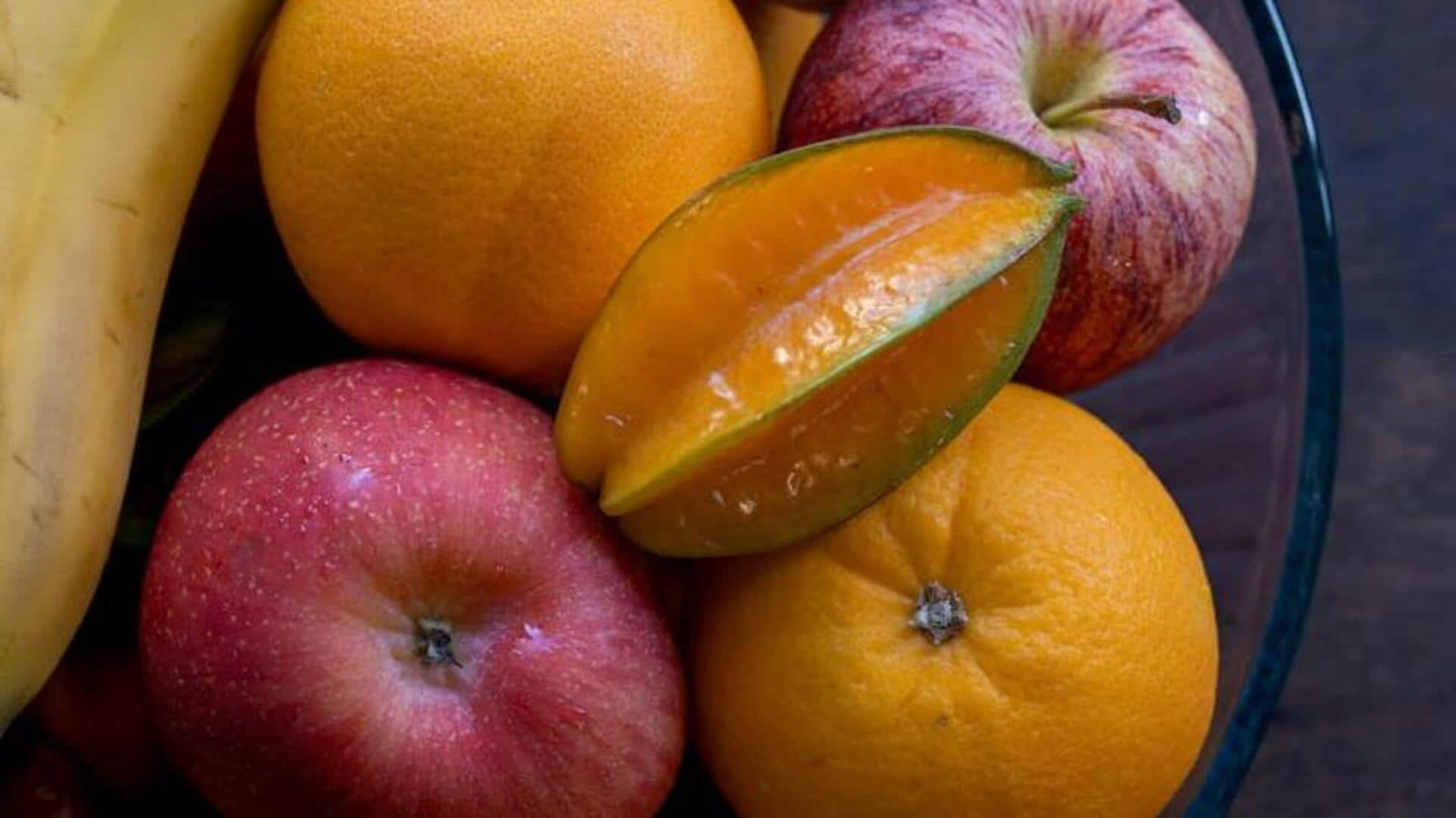
Unveiling the truth about raw foods
What's the story
The raw food diet, often hailed as a panacea for all health ailments, has become a popular trend in the quest for ultimate wellness.
However, it's important to separate raw food fact from fiction.
This article will bust common myths surrounding raw foods and shed light on the true health implications of going raw.
Myth 1
Raw equals more nutrients
One common misconception is that cooking eliminates most nutrients in food, and hence raw foods are better.
Yes, some vitamins are heat-sensitive, but cooking also enhances the availability of certain nutrients and antioxidants.
For instance, cooked tomatoes provide more lycopene, a powerful antioxidant associated with lower risk of chronic diseases.
So, both cooked and raw foods offer distinct nutritional advantages.
Myth 2
Better digestion guaranteed
Myth: Raw foods are easier to digest because they contain natural enzymes
Fact: The human digestive system is pretty amazing - it produces its own enzymes to break down whatever you eat, whether it's cooked or raw.
So while some people might find raw foods a bit easier on their stomachs, it's definitely not a one-size-fits-all situation.
Myth 3
Raw diet for weight loss miracle
Proponents of a raw food diet claim it guarantees weight loss because it prioritizes whole fruits and vegetables.
These foods are low in calories and high in fiber, which helps you feel full.
But the key to healthy weight loss is a balanced diet and portion control.
Weight gain is possible on a raw diet if you overindulge in high-calorie nuts and seeds.
Myth 4
The ultimate detox solution
The myth says raw diet is the best way to detox. However, our liver and kidneys are already our natural detoxifiers.
Consuming only raw foods doesn't improve this process.
A diet combining both cooked and raw foods is more beneficial for health, underlining the importance of a balanced variety of nutrients.